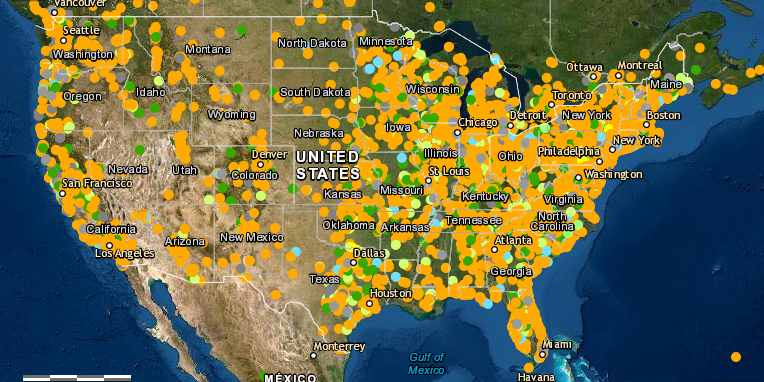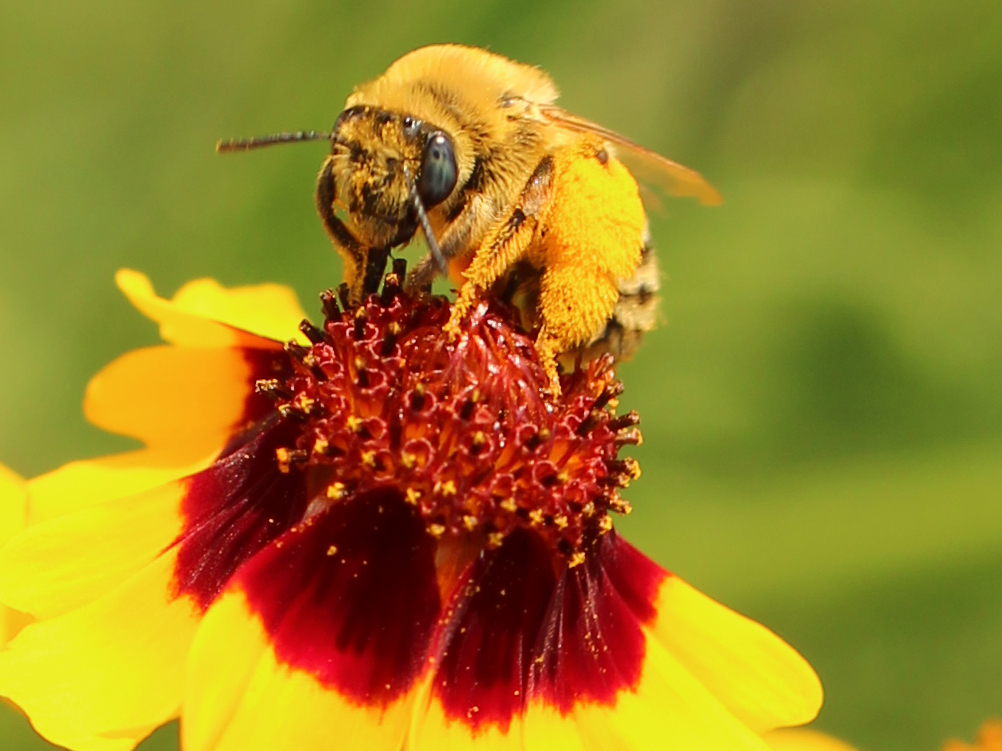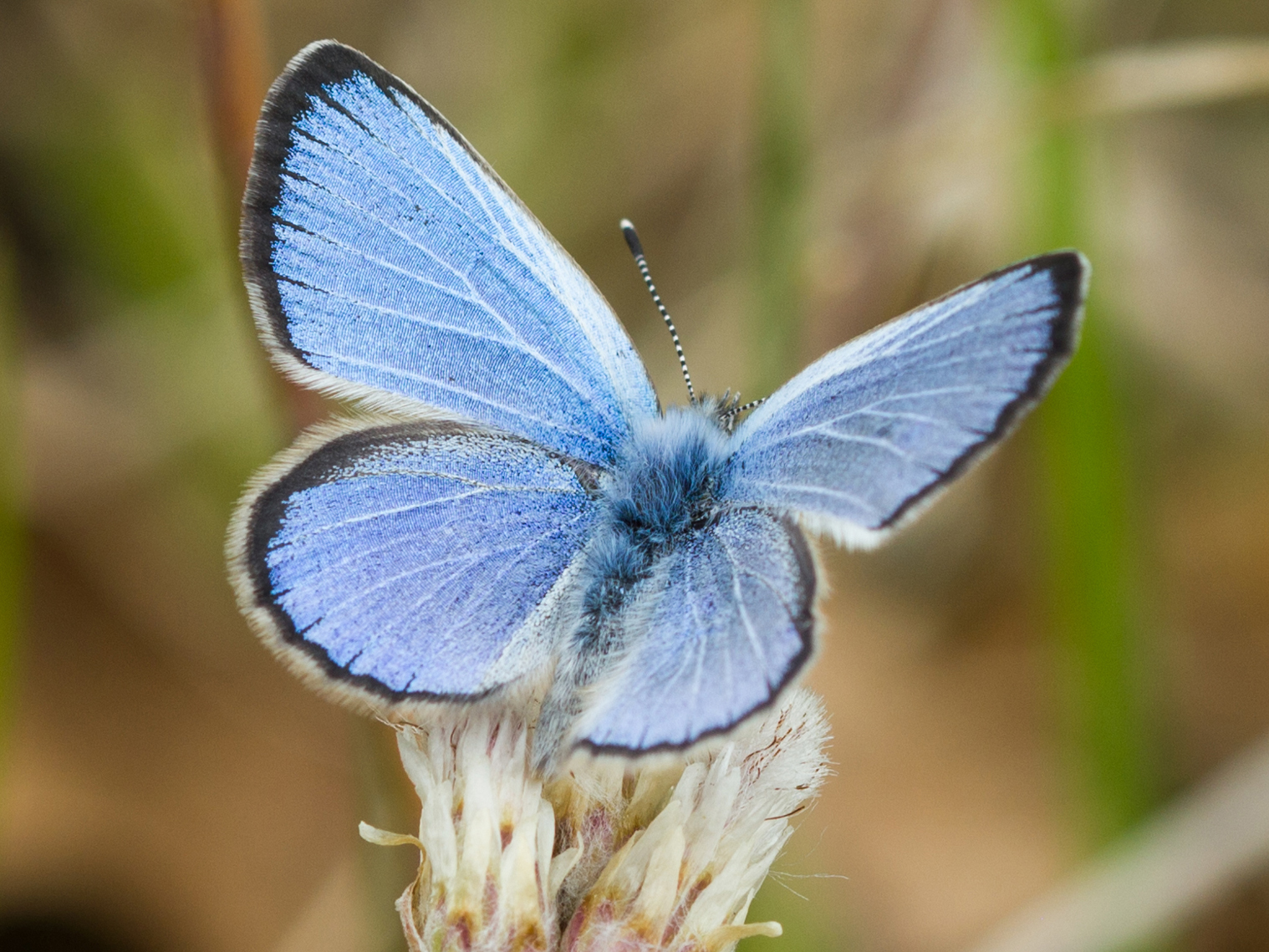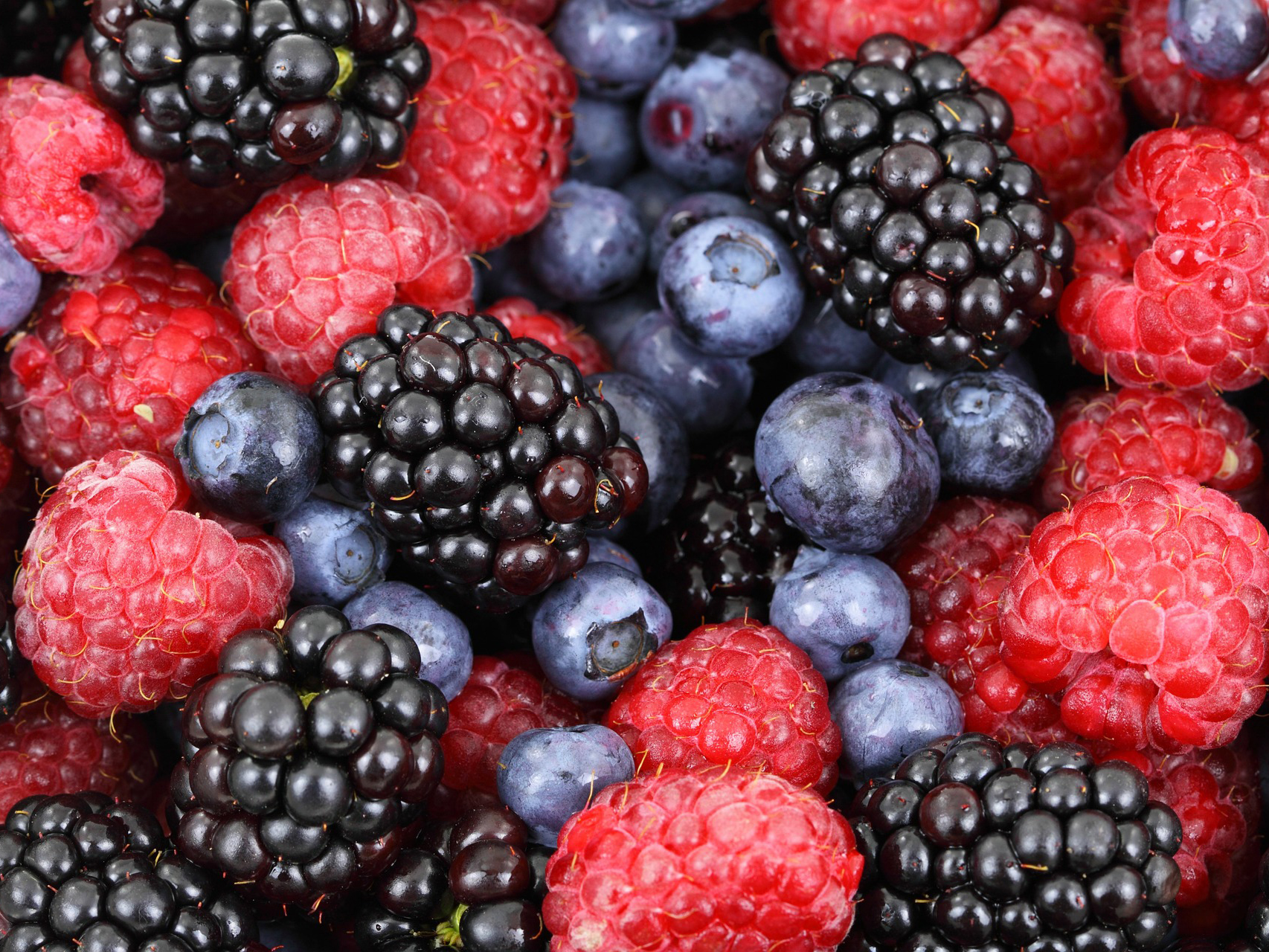Grow Pollinator-Friendly Flowers
Flowers provide the nectar and pollen resources that pollinators feed on. Growing the right flowers, shrubs, and trees with overlapping bloom times will support pollinators, spring through fall.
Provide Nest Sites
It is important to support all pollinator life stages, including eggs and larvae! For bees, you can leave patches of bare ground and brush piles or install nesting blocks, and for butterflies and moths, plant caterpillar host plants.
Avoid Pesticides
Pesticides, especially insecticides, are harmful to pollinators. Herbicides reduce food sources by removing flowers from the landscape. Fungicides can also have synergistic effects on bees. The good news is that there are alternatives!
Spread the Word
Make your commitment both official and visible by signing the Pollinator Protection Pledge! You can also share information about pollinators on social media, or spread the word with a pollinator habitat sign.
Pollinator Conservation Program
We’re proud to say that the Xerces Society has the world’s largest team of conservationists dedicated to protecting pollinators. Learn more about our work.
Who Are the Pollinators?
Learn about the main groups of insect pollinators—bees, butterflies, flies, wasps, and beetles—including their life cycles, habitat needs, and conservation concerns.
Endangered Pollinators
The Xerces Society is working to protect the most endangered pollinators, and have successfully obtained protections for several species. Learn more about our work and how to help.
What's at Stake?
Bees and other pollinators touch our lives every day in ways we may not realize. They are responsible for as much as one third of the food and drinks that we consume, for starters.


%20%20Cottonwood%20River%20Prairie%20SNA%20cropped%20for%20tiles.jpg)
%20cropped%20for%20tiles.jpg)
%20cropped%20for%20tiles.jpg)
%20cropped%20for%20tiles_0.jpg)

_David%20Cappaert_Bugwood-CC%20cropped%20for%20tiles.jpg)

